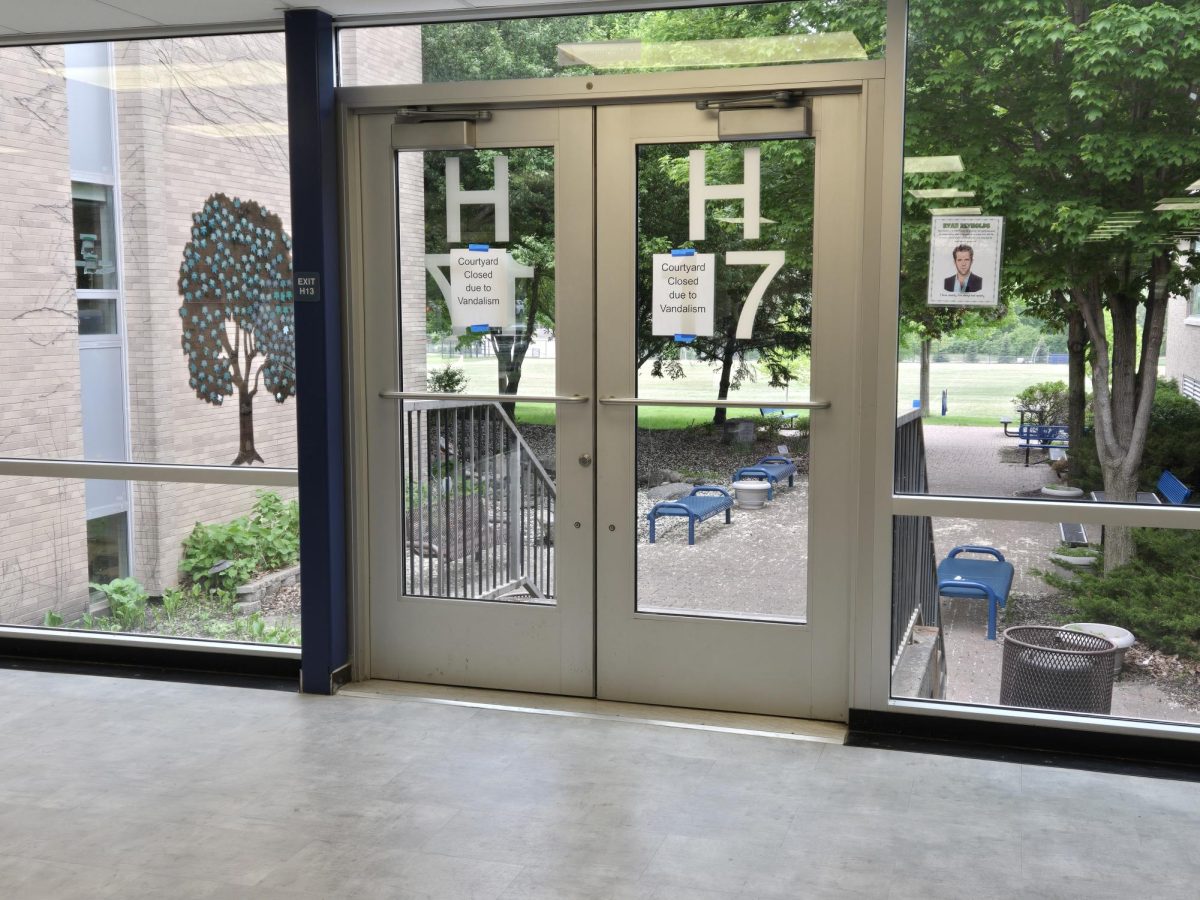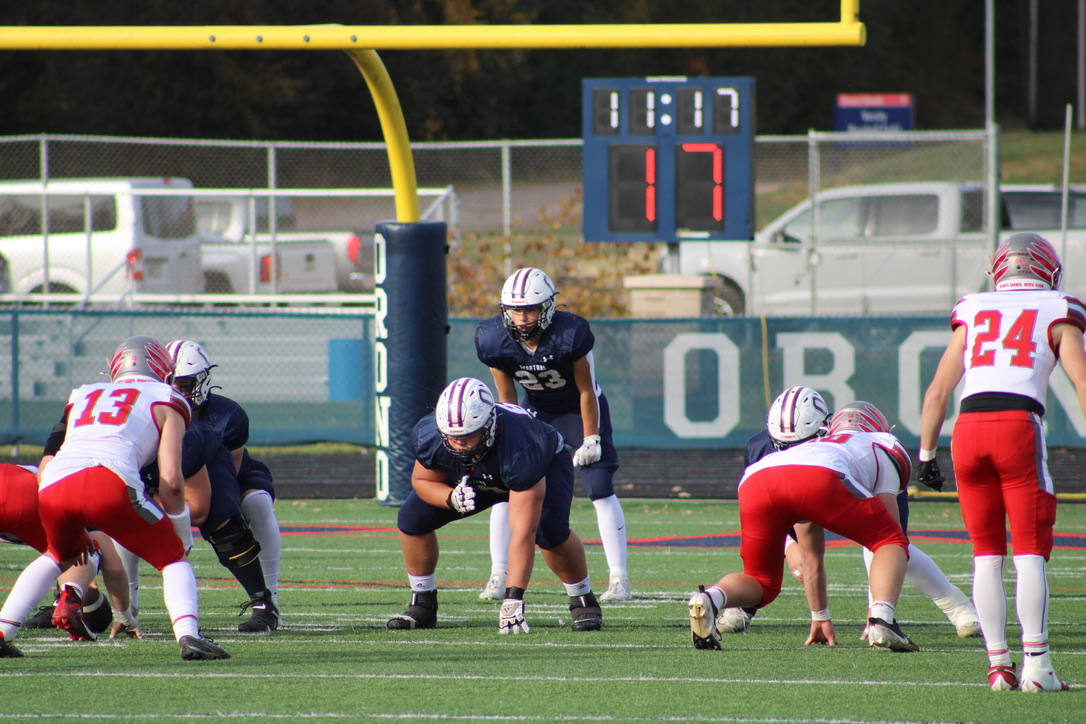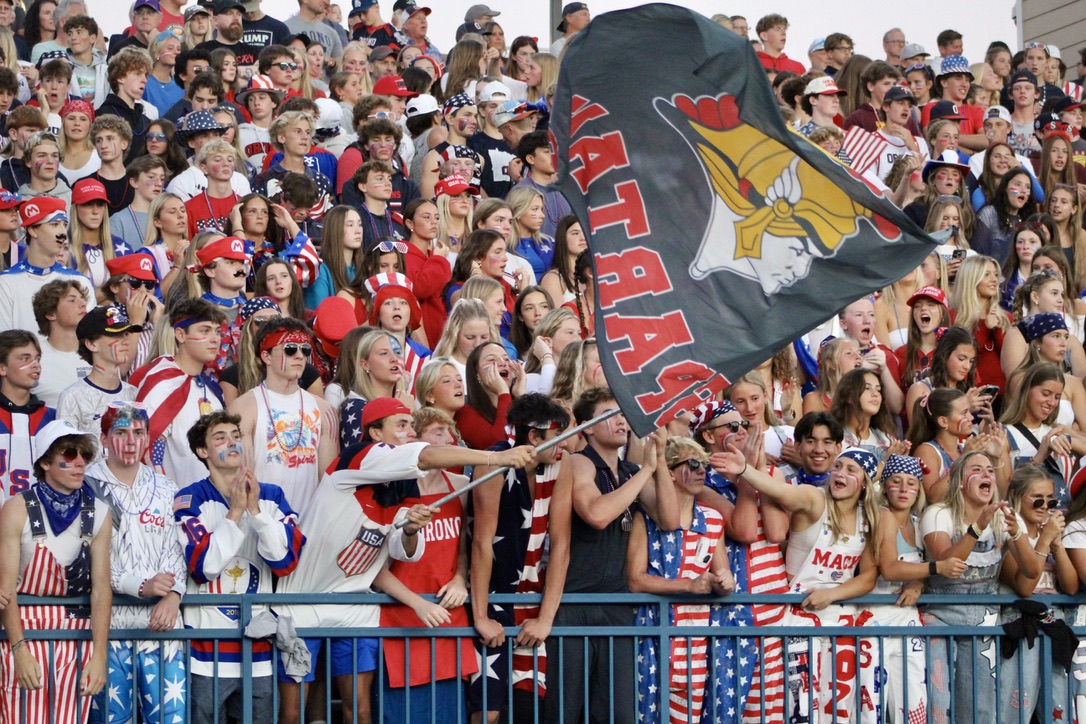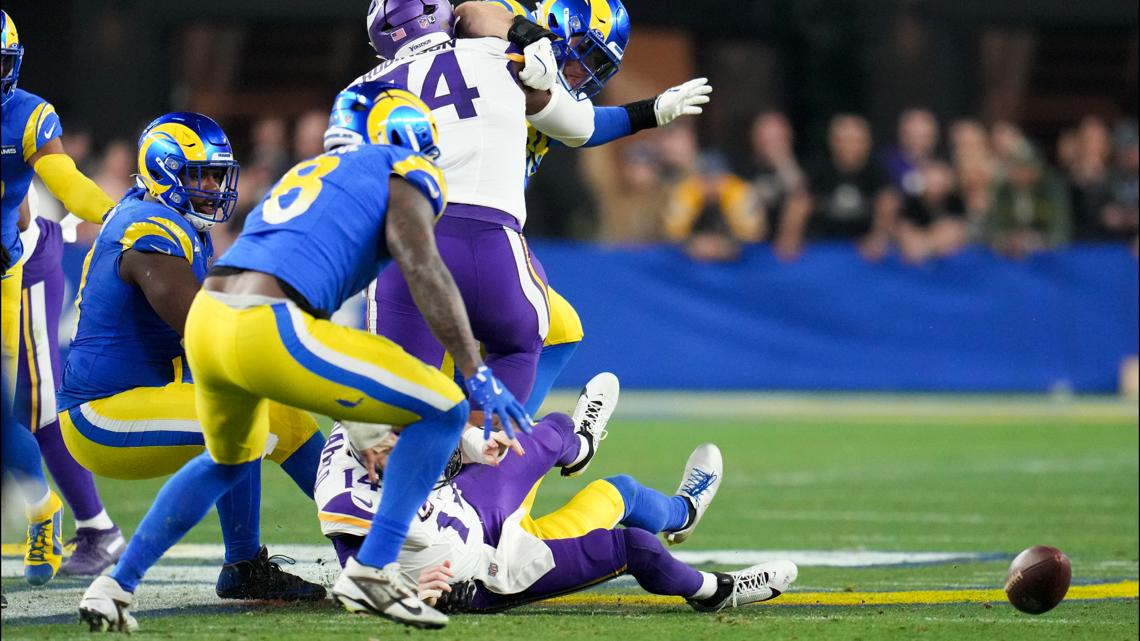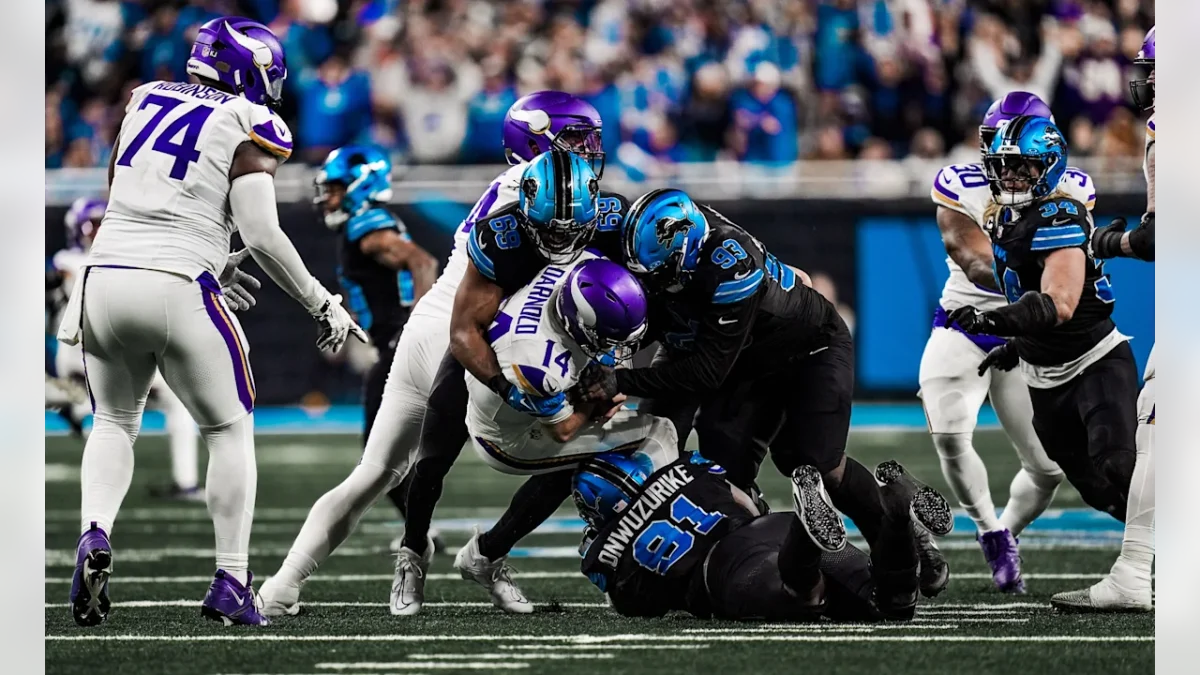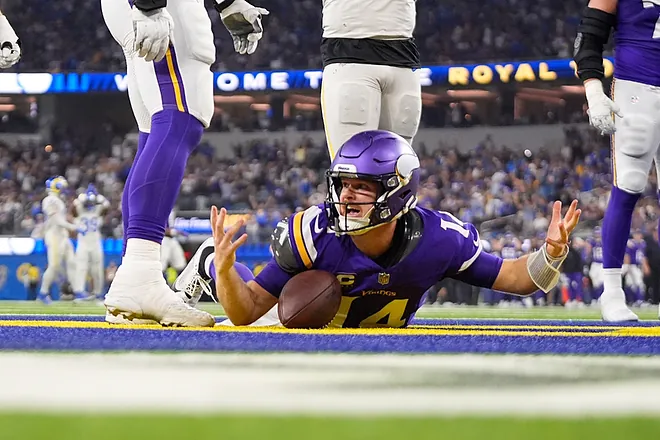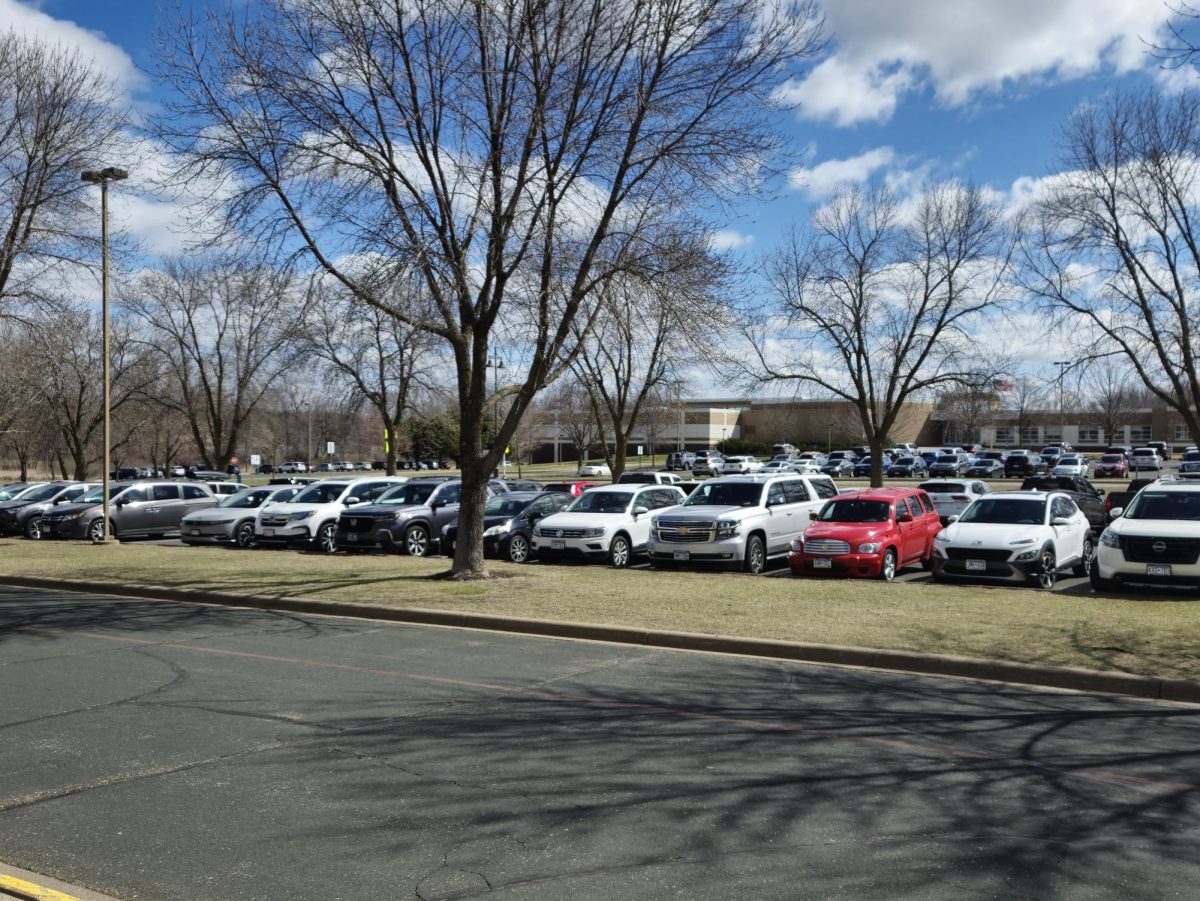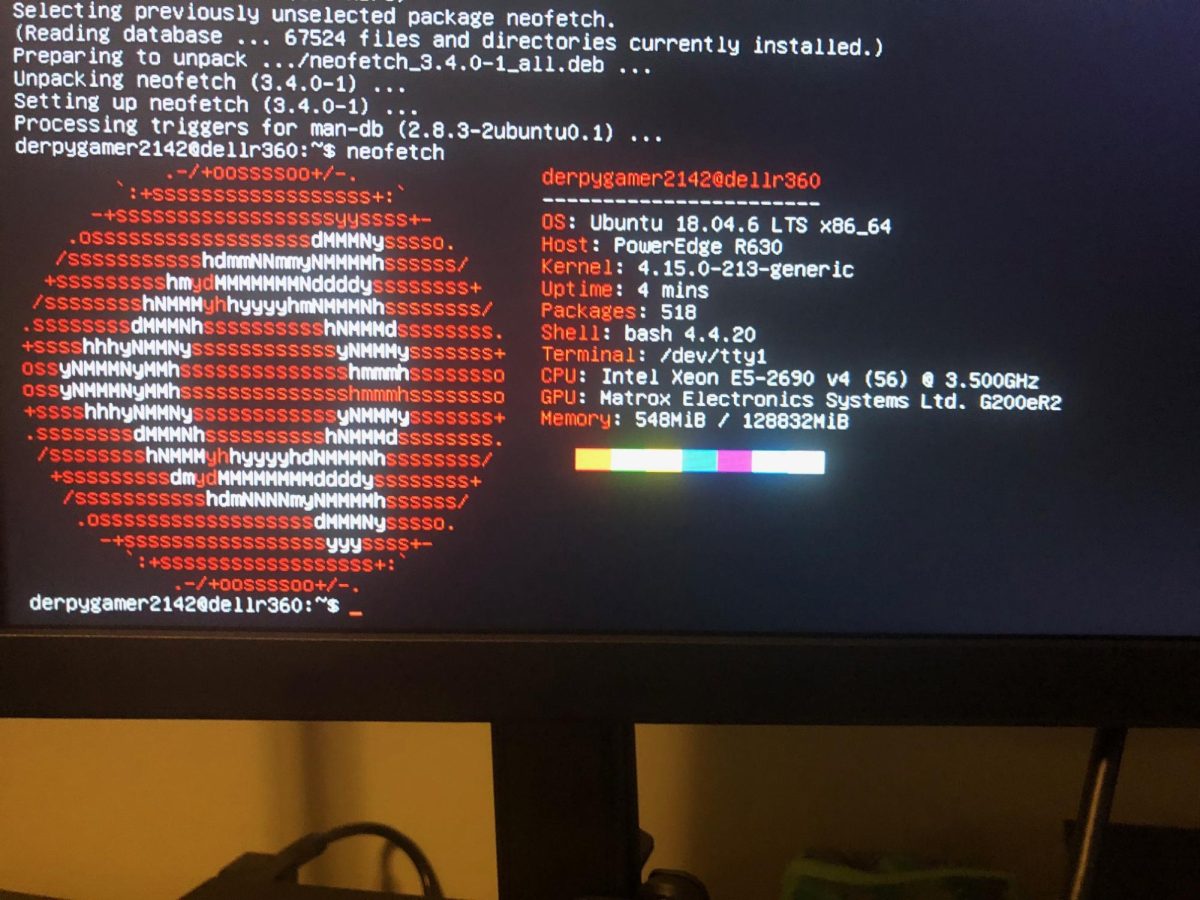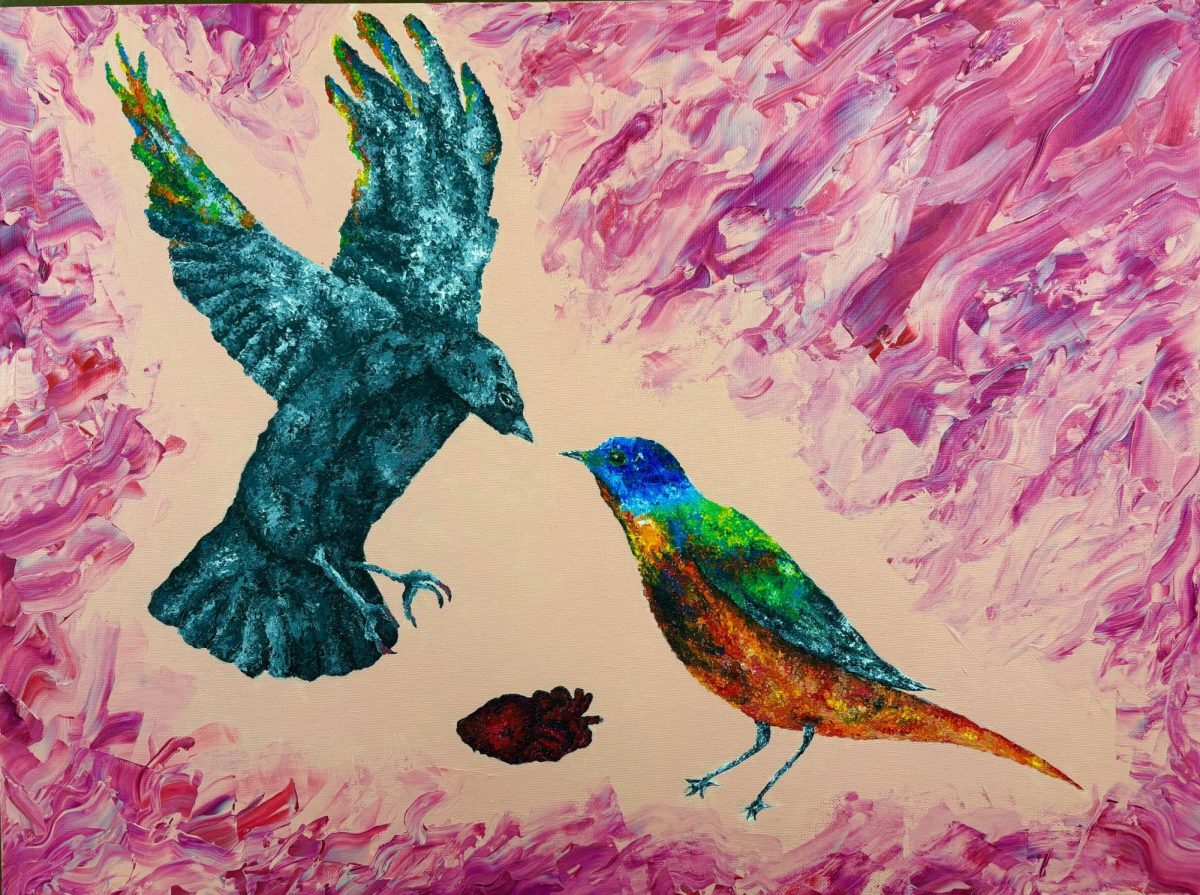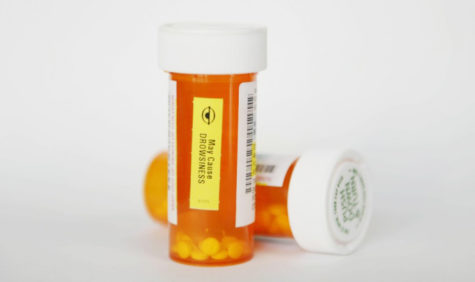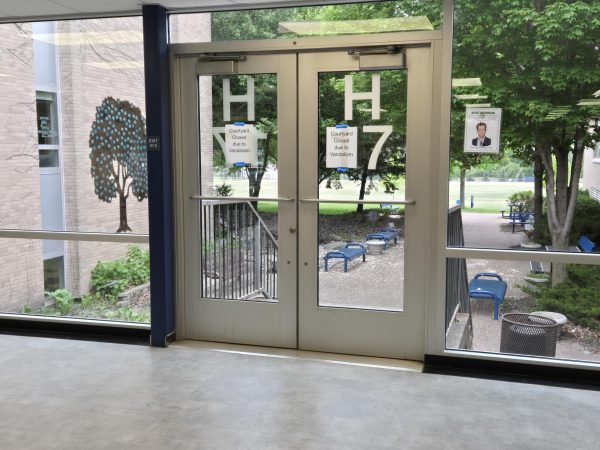Nation’s opioid epidemic continues to grow
From Heath Ledger to Prince, millions of Americans have died from opioid overdoses. In 2017 alone, over 47,000 people have died from opiods, according to the National Institute of Drug Abuse. The number of opioid-related deaths has been increasing exponentially for the past two years, nearly doubling itself. The opioid crisis has become the deadliest drug overdose in United States history, leading President Trump to declare it a National Public Health Emergency on Oct. 26, 2017. This allows for dislocated workers grants, expanded access to telemedicine services, and substance abuse treatment.
Opioids are defined as a class of drugs that include heroin, fentanyl, as well as other pain relievers. Though these drugs are often considered some of the most addicting, a majority of them are completely legal if they are prescribed by a medical professional. Eight to twelve percent of people prescribed opioids develop an opioid addiction and misuse the drugs, according to the National Institute of Drug Abuse.
“My dad struggled with addiction in the past and it’s really hard seeing somebody that is important to you struggle with it,” said Junior Megan Craft, “Being away from him was really hard but knowing that the separation was aiding him in getting better helped me and my family a lot.”
Not only does opioid addiction lead to the death of hundreds of thousands of Americans., it is costs the government $78.5 billion a year in rehabilitation fees, health care, and criminal justice involvement, according to the National Institute of Drug Abuse.
“I hear about the opioid crisis every few months on the news,” Megan Craft said, “It’s a very difficult problem to solve, since most of the people who are using these drugs initially got them because they needed them.”
Before the 1990’s, opioids were prescribed rarely, but the attitudes regarding their use shifted when pharmaceutical companies campaigned and marketed opioids positively for the use of opioids for less chronic pain, which led to medical professionals prescribing opioids more often.
“I think that it’s very important for us to start helping people affected by opioid addiction,” junior Kendall Mauer said, “I feel like the responsibility almost falls on the pharmaceutical companies and people prescribing them.”
Large pharmaceutical companies, such as Purdue Pharmaceuticals, have started to become linked to the opioid crisis, and their role in it has started to be explored. On Feb. 27, a Tennessee judge allowed a case about Purdue Pharmaceuticals deceptive marketing regarding opioids to move forward. This is not an isolated case–in the summer of 2018, there were 600 lawsuits filed against pharmaceutical companies who sell and market opioids.
Pharmaceutical companies spend $39.7 million dollars between the years of 2013 to 2015 marketing opioids to medical professionals, and in the following years, mortality rates surrounding opioid overdose increased, according to a study conducted by JAMA.



